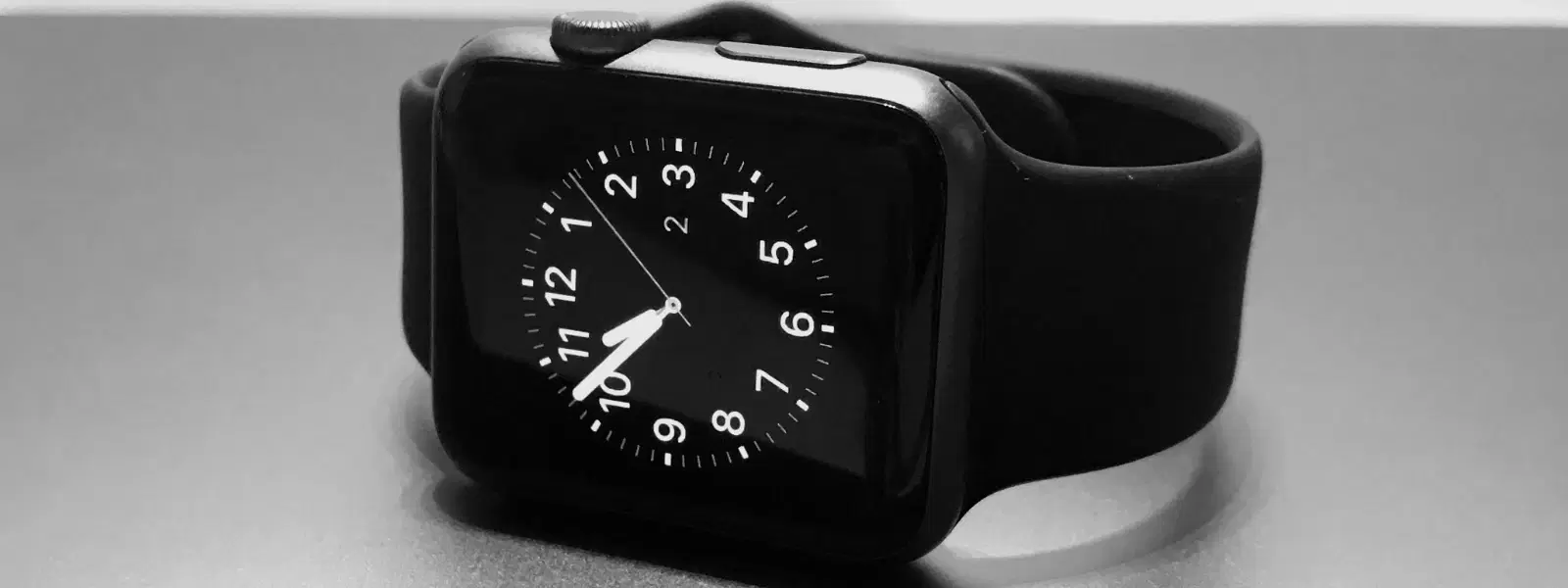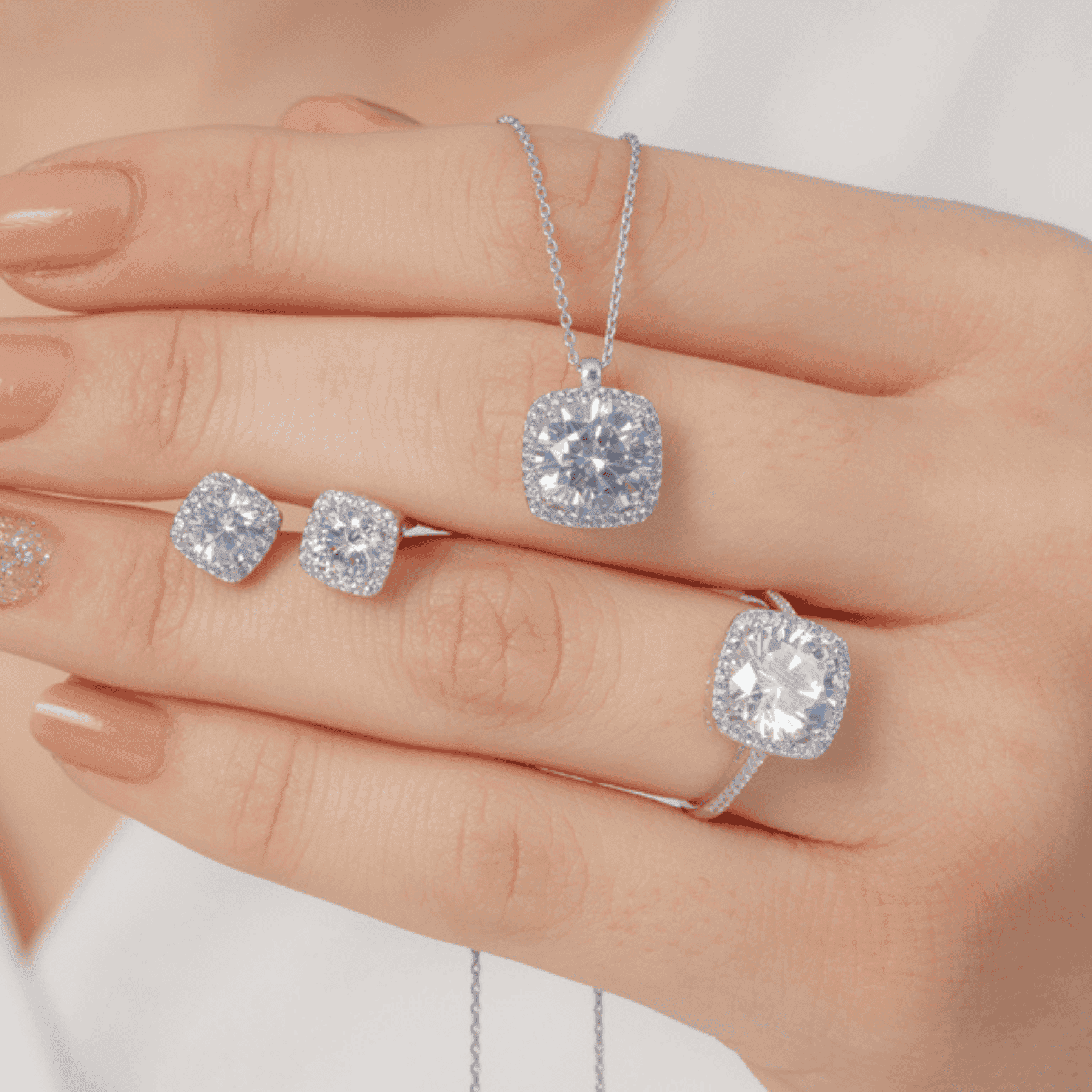
Watches & Jewellery
•04 min read

Automatic timepieces and mechanical watches embody two very distinct philosophies in the world of horology. In this blog post, we explore their key differences. By understanding how each works, their design aesthetics, and overall practicality, you will gain insights into selecting a watch that truly expresses your style as self-expression and identity.
Automatic timepieces, also known as self-winding watches, are a marvel of modern innovation. These premium timepieces harness the natural movement of your wrist with a rotor mechanism that winds the mainspring. This process eliminates the need for manual winding and battery replacement. Its self-winding feature enables continuous operation, making it a convenient option for everyday wear. For those who value technology blended with style, an automatic wristwatch is an ideal choice. They are revered in the realm of dress watches and high-end watches for their smart and modern appeal.
Mechanical watches rely solely on manual winding to power their intricate movements. This type of timepiece is steeped in tradition and showcases the art of watch craftsmanship. Enthusiasts often prize mechanical watches for their intricate gear systems and the ritual involved in winding them. As collectibles, these watches hold historic charm and continue to be favored as esteemed dress watches among purists. Their manual winding process reflects a deep appreciation for the roots of horology and ongoing tradition in premium timepieces.
Automatic watch movements make use of a rotor that spins whenever the wearer moves their wrist. This dynamic motion winds the mainspring, powering the watch effectively as long as it remains in use. The automatic watch movement consists of several essential components: the rotor, mainspring, gear train, escapement, and balance wheel. This sophisticated yet convenient process is cherished by those who prefer low-maintenance luxury watches with automatic wristwatches providing a perfect blend of style and functionality.
In contrast, mechanical watches require a manual winding process that stores energy in their mainspring. Once charged, this energy is meticulously distributed through a gear train to power the watch hands and any additional complications. The key components involved include the mainspring, gear train, escapement, and balance wheel with a time indicator. This approach appeals to watch enthusiasts who deeply admire the art of manual winding and the precise mechanical engineering that goes into creating these luxury watches.

Automatic timepieces perfectly blend modern innovation with classic elegance. These watches are designed with sleek lines and contemporary styling, making them versatile enough to be worn as both casual and dress watches. The design of automatic wristwatches incorporates advanced automatic watch movements along with refined aesthetics to offer a balanced fusion of style and functionality. Fashion-savvy wearers appreciate these premium timepieces not just for their technical merit but also as a high-end accessory that complements any look.
Mechanical watches stand as a testament to enduring craftsmanship and tradition. Their intricate mechanical movements are hand-polished and assembled, reflecting unparalleled watch craftsmanship. The beauty of these watches lies in every detail, resonating with those who value a timeless design and classic elegance. As authentic and prestigious dress watches, mechanical watches continue to inspire modern trends with their heritage and authenticity in the world of horology.
Advantages: Automatic timepieces eliminate the usual hassle of manual winding. Their self-winding mechanism means that they remain powered as long as they are regularly worn. Additionally, the absence of battery replacements adds to their convenience. These features make automatic wristwatches a practical choice for daily use and a symbol of modern luxury.
Disadvantages: One key drawback is that automatic timepieces require regular movement to maintain their power reserve. In periods of inactivity, a watch might eventually stop running, making it less ideal for individuals who do not wear a watch daily. Moreover, in some cases, they may exhibit slightly less precision compared to quartz alternatives.
Advantages: Mechanical watches are celebrated for their unmatched precision and the exquisite craftsmanship behind them. Their manual winding ritual is cherished by collectors and enthusiasts alike, making them more than just timekeeping instruments—they are a statement of style and heritage. These watches often carry a high resale value, adding to their appeal as luxury watches and collectibles.
Disadvantages: The need for regular manual winding is sometimes seen as a drawback with mechanical watches. The complexity of their internal mechanisms can make them more susceptible to wear and tear over time, demanding careful handling and regular maintenance to ensure longevity.
Automatic timepieces are available across a broad price spectrum. Whether you are looking for affordable premium timepieces for everyday wear or seeking high-end watches that embody modern elegance, automatic wristwatches offer options for every budget. The price diversity makes them accessible to a wide audience—from first-time buyers to connoisseurs of luxury watches.

Mechanical watches, known for their intricate craftsmanship, often come with a higher price tag. Their manual winding systems and traditionally crafted mechanisms result in a refined product that appeals to discerning collectors. While entry-level models are available, the peak of mechanical watch offerings is seen in luxury watches that celebrate watch craftsmanship with every detail meticulously executed.
Insight Corner: The Legacy of Horology
Did you know? Mechanical watches date back to the 16th century, establishing a long lineage in the art of personal timekeeping. Their enduring craftsmanship continues to inspire the modern sophistication seen in automatic timepieces today, uniting tradition with innovation.
Automatic watches are also known as self-winding watches because they harness the natural motion of the wrist to keep running.
Automatic watches wind themselves automatically through movement, ensuring they remain powered without needing manual winding or battery replacement.
Yes, automatic watches are an excellent choice if you desire a blend of innovative convenience with classic design, making them perfect as both everyday and dress watches.
Yes, mechanical watches require manual winding, which is cherished by many as a meaningful ritual of engaging with your premium timepiece.
In summary, both automatic timepieces and mechanical watches offer unique benefits to cater to different lifestyle needs. Automatic wristwatches excel in convenience with their self-winding feature, while mechanical watches stand as timeless icons of traditional watch craftsmanship. Whether you value the ease of automatic watch movements or the ritual of winding a mechanical watch, understanding these differences can guide you towards a watch that perfectly complements your style. Embrace your journey in horology with a timepiece that mirrors your personality and heritage.